Haftek M, McAleer MA, Jakasa I, Irwin McLean WH, Kezic S, Irvine AD.
Extrait
Background: Impaired skin barrier is an important etiological factor in atopic dermatitis (AD). The structural protein filaggrin (FLG) plays a major role in maintenance of the competent skin barrier and its deficiency is associated with enhanced susceptibility to mechanical injury. Here we examined biomechanical characteristics of the corneocytes in children with AD and healthy controls.
Methods: We recruited 20 children with AD and 7 healthy children. They were genotyped for filaggrin gene (FLG) loss-of-function mutations. Stratum corneum was collected from clinically unaffected skin by adhesive tapes. Cell stiffness (apparent elastic modulus, Ea) was determined by atomic force microscopy and filaggrin degradation products (NMF) by liquid chromatography. Skin barrier function was assessed through trans-epidermal water loss (TEWL) and disease severity by the SCORing Atopic Dermatitis (SCORAD) tool.
Results: Corneocytes collected from AD patients showed a decreased elastic modulus which was strongly correlated with NMF and TEWL, but not with SCORAD. As compared with healthy controls, AD patients had reduced TEWL and NMF levels regardless of FLG mutations. NMF was strongly correlated with TEWL.
Conclusion: Our findings demonstrate that AD patients have decreased corneocyte stiffness which correlates with reduced levels of filaggrin degradation products, NMF and skin barrier function. Altered mechanical properties of the corneocytes likely contribute to the loss of mechanical integrity of the SC and to reduced skin barrier function in AD.

Téléchargez notre publication scientifique en intégralité !

Découvrez nos autres publications
Stiffness measurement is a biomarker of skin aging in vivo
Runel G, Cario M, Lopez-Ramirez N, Malbouyres M, Ruggiero F, Bernard L, Puisieux A, Caramel J, Chlasta J, Masse I.
Biomechanical Properties of Cancer Cells
Gradient in cytoplasmic pressure in germline cells controls overlying epithelial cell morphogenesis
Lamiré L-A, Milani P, Runel G, Kiss A, Arias L, Vergier B, de Bossoreille S, Das P, Cluet D, Boudaoud A, Grammont M. November 30, 2020.
Gene profile of zebrafish fin regeneration offers clues to kinetics, organization and biomechanics of basement membrane
Nauroy P, Guiraud A, Chlasta J, Malbouyres M, Gillet B, Hughes S, Lambert E, Ruggiero F. Matrix Biology
Changes in nano-mechanical properties of human epidermal cornified cells depending on their proximity to the skin surface
Milani P, Chlasta J, Abdayem R, Kezic S, Haftek M. J Mol Recognit. 22 mai 2018;e2722.
Variations in basement membrane mechanics are linked to epithelial morphogenesis
Chlasta J, Milani P, Runel G, Duteyrat JL, Arias L, Lamiré LA, Boudaoud A, Grammont M. Development 2017 : doi: 10.1242/dev.152652
Stromal protein βig-h3 reprogrammes tumour microenvironment in pancreatic cancer
Goehrig D, Nigri J, Samain R, Wu Z, Cappello P, Gabiane G, Zhang X, Zhao Y, Kim IS, Chanal M, Curto R, Hervieu V, de la Fouchardière C, Novelli F, Milani P, Tomasini R, Bousquet C, Bertolino P, Hennino A.
Mechanical Shielding in Plant Nuclei
Goswami R, Asnacios A, Milani P, Graindorge S, Houlné G, Mutterer J, Hamant O, Chabouté M-E.

